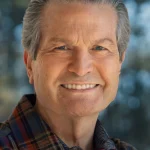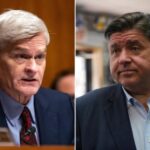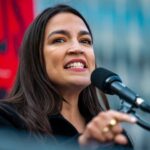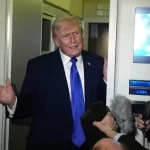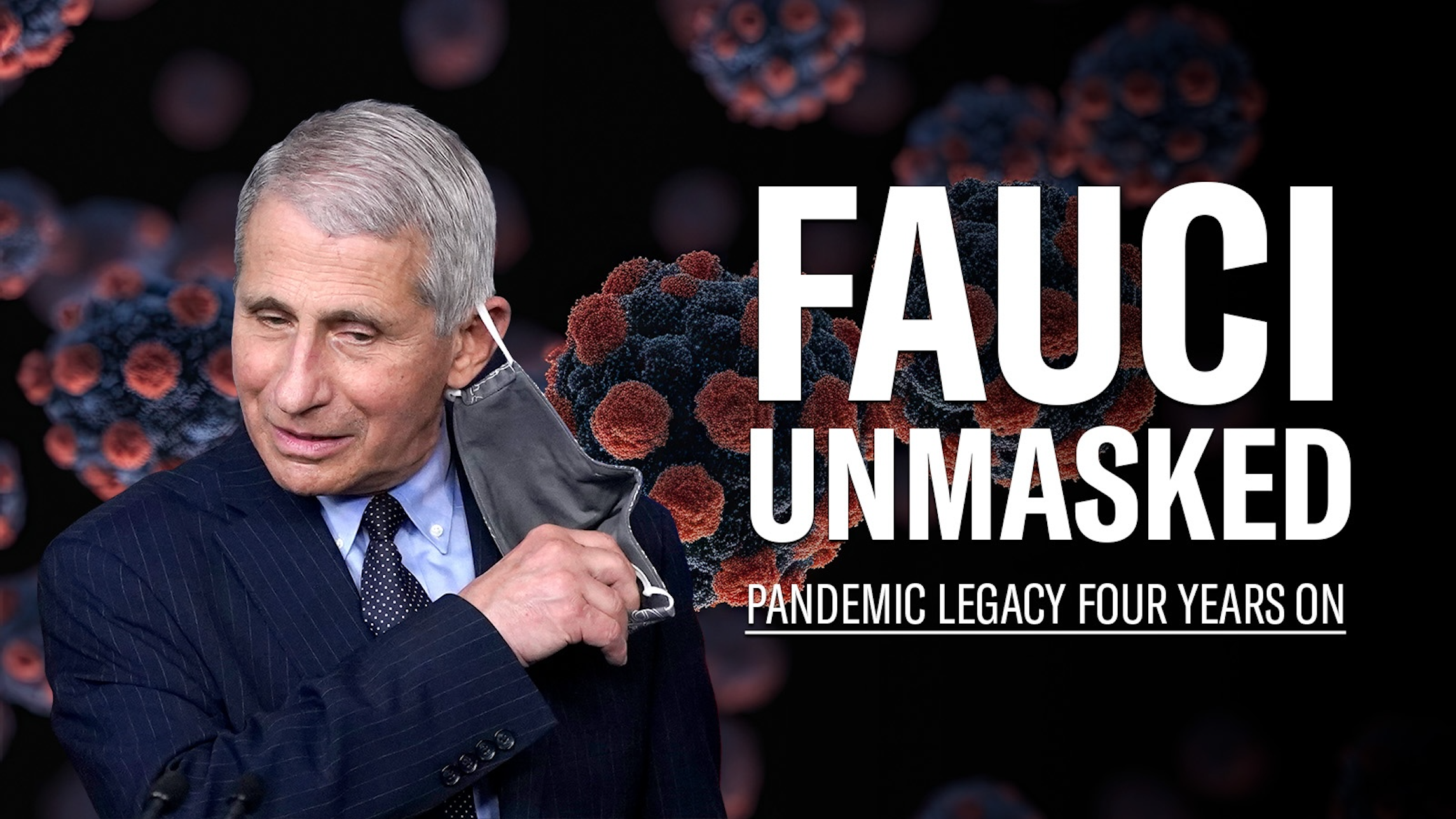

Dr. Anthony Fauci was the face of the U.S. government’s response to the coronavirus pandemic. He has sought to defend his own tenure in government in a new memoir published this week. He has also faced renewed congressional scrutiny in recent weeks. This Washington Examiner series, Fauci Unmasked, will look at his record and legacy. Part 1 looked at Fauci’s record of statements on masks, social distancing, and vaccines. Part 2 reviewed his role as a person of interest in the investigation into the origins of the pandemic. Part 3 explores the loss of trust in institutions over the past few years.
Dr. Anthony Fauci‘s return to the headlines, propelled by the release of his new autobiography and his recent testimony before Congress, comes as trust in public health agencies such as the one he led is waning, raising the question of who’s to blame for the fall.
For supporters of the former National Institute of Allergy and Infectious Diseases director, the answer is former President Donald Trump and his followers. A chapter of Fauci’s new book, On Call: A Doctor’s Journey in Public Service, is dedicated to their relationship, and Fauci’s defenders say The Donald is to blame for any loss of public trust.
Rep. Raul Ruiz (D-CA), ranking member of the House Select Committee on the Coronavirus Pandemic, said during a June 3 hearing that Republicans had “weaponized” the committee to fuel sentiment against scientists and public health officials.
“They have done so with one particular public health official in mind: Dr. Anthony Fauci,” Ruiz said. “And they have done so in an effort to deflect blame and anguish for the damage the pandemic inflicted on our society away from the former president.”
Even the new book’s teaser makes a version of this argument, reading, “[Fauci’s] role guiding America sanely and calmly through Covid (and through the torrents of Trump) earned him the trust of millions during one of the most terrifying periods in modern American history.”
Republicans and Trump supporters, though, say Fauci harmed faith in public health agencies and the scientific community through his actions as the public face of the pandemic, such as his conflicting advice on masking and social distancing and his early attempts to downplay the “lab leak” theory of COVID-19’s origins.
“We kept hearing apologies to Dr. Fauci. We never got one from him. And I think it would have really helped the country,” Chairman of the Select Subcommittee on the Coronavirus Pandemic Brad Wenstrup (R-OH) recently told the Washington Examiner.
“We can talk about the origins of COVID and things like that all day long,” Wenstrup added. “But if you’re looking at why we don’t trust our public health system, we have plenty of reasons and we’re finding those out.”
Some members of the scientific community, such as the outspoken lab leak theory advocate Richard Ebright, a Rutgers University chemical biology professor, have criticized Fauci as well.
“Public trust in science and science agencies has been severely damaged by the dishonesty from scientists and science and health agencies during the pandemic,” Ebright said. “No person has done more to damage trust in science than Fauci. Fauci lied even when the facts were in full view, and the lies were obvious. He has no shame.”
Polling has marked the decline of trust, as well as some of the reasons behind it.
The share of people who have confidence in the medical system has fallen from as high as 51% in 2020 to 34% last year, Gallup polling found.
Distrust of scientists has risen in the wake of the pandemic. As of the most recent Pew Research Center polling of last year, 27% of people now say they have not too much or no confidence in scientists to act in the public’s best interests, up from 12% in April 2020.
Another poll, released in March 2023, found that 74% of people who did not trust public health agencies cited political influence as the key reason for the distrust. Conflicting recommendations from health officials were cited by 73%.
Trust in public health agencies, such as the Centers for Disease Control and Prevention and the Food and Drug Administration, declined significantly in the aftermath of the pandemic, according to KFF polling, driven by rising skepticism on the part of Republicans.
The decline in trust is reflected in lowered rates of vaccination.
In January of this year, “vaccine fatigue” was cited as the reason behind a sharply dropping rate of vaccination against respiratory diseases both in the United States and abroad. In the U.S., rates of uptake of the updated COVID-19 vaccine is slightly under a quarter of adults, with an additional 10.3% saying they intend to get the shot.
Even vaccination rates for other diseases have fallen. For example, according to the CDC, uptake of the MMR vaccine, which provides protection against measles, mumps, and rubella, fell from 95% in the 2019-2020 school year to 93% in the 2021-2022 school year. Several jurisdictions are less than 90% vaccinated, including Washington, D.C., Wisconsin, Minnesota, and Georgia.
The decline has alarmed the medical community.
“Those of us in healthcare are definitely leaning into this and paying attention,” Patricia Stinchfield, president of the National Foundation for Infectious Diseases, previously told the Washington Examiner.
Fauci acknowledged in testimony before Congress that vaccine mandates may have contributed to low trust in vaccinations, according to Wenstrup.
But the flip side of being a polarizing figure is that Fauci retains a litany of high-profile defenders, especially on the Democratic side of the aisle.
Ruiz, who, like Wenstrup, is a doctor himself, gave a strident defense of Fauci ahead of his latest appearance before Congress.
“We can go down the path of fueling mistrust in the interventions that saved us — like vaccines, masking, and social distancing — and the public health officials, like Dr. Fauci, who worked tirelessly,” Ruiz said. “Or we can work constructively on the forward-looking policies and solutions that we know are necessary.”
Fauci said in testimony to Congress that the 6-foot social distancing rule promoted by the CDC during the pandemic “sort of just appeared” and said he did not recall reviewing studies about the effectiveness of masks on children.
Several other Democrats, including Rep. Jamie Raskin (D-MD), praised Fauci as well during the hearing.
“The investigation of Dr. Fauci shows he is an honorable public servant who has devoted his entire career to the public health and the public interest, and he is not a comic book supervillain,” Raskin said. “He did not fund research to create the COVID-19 pandemic. He did not lie to Congress about gain-of-function research and Wuhan. And he did not organize a lab leak suppression campaign.”
CLICK HERE TO READ MORE FROM THE WASHINGTON EXAMINER
As he did during the pandemic, Fauci is doing a wave of interviews this week as his autobiography hits bookshelves. He told CBS News that he has no regrets about his lengthy career.
“Any regrets of what I did? My choices? No,” Fauci said. “Could we have done things better on multiple points, inflection points along the way? Of course. Because we’re not perfect. You try your best and you realize with humility that you’re not perfect. And you don’t pretend to be perfect. But you go with what your best is, and then if you make a mistake, you try to correct it.”
